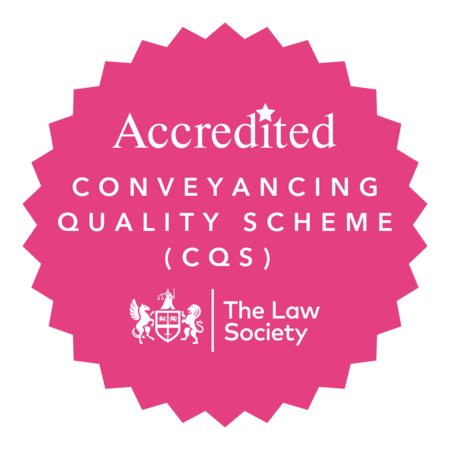Request a Callback
Request a Callback
GloverPriest: the personable face for protecting your residential property interests. When it comes to property, you can rest assured. We specialise in residential conveyancing, providing our clients with an outstanding service based on our wealth of expertise and experience in this area.
The conveyancing process is said to be one of the most stressful experiences of your life, but it is also one of the most exciting. At GloverPriest, we understand that having a supportive conveyancing solicitor is vital to help you through this process.
“Conveyancing” is the legal transfer of property ownership from one person to another.
The length of the conveyancing process can vary depending on many different factors such as whether there is a conveyancing “chain”, how motivated parties are to move, and how quickly information can be exchanged.
If everything goes smoothly, the conveyancing process can take around 8-12 weeks.
Please advise us if you would like a quick sale and we will strive to work with you to make this happen. However, we cannot guarantee that we can expedite the process as this is dependent on external factors.
You will need either a conveyancing solicitor or a conveyancer to handle the legal transfer of property ownership.
A conveyancing solicitor deals with the legalities of your sale or purchase of property to ensure that all the correct documentation is in place and that the process is done legally.
When you are choosing a property lawyer, it is important that you look for one that is accredited and regulated. This means that the organisation must adhere to certain industry standards in order to be able to practice and remain regulated.
Since you are making such a significant transaction, it is crucial that you can trust your conveyancer, that the transaction is secure and that you are protected.
In addition, you must be sure that you are choosing a property lawyer with the expertise and experience to deal with a case like yours and that they have positive reviews to back this up.
Communication is vital when it comes to the conveyancing process. You want to have the peace of mind that your matter is being dealt with in a timely manner and that everything is under control and progressing well.
If you are selling your property, a good time to find a conveyancing solicitor is before you have accepted an offer on your house.
This way, everything is ready to go once a buyer has been found and you can start off the conveyancing process on the right foot.
Your solicitors can advise you of all the required paperwork they will need from you so that you are prepared for the process ahead.
If you are buying a property, it is a good idea to instruct your conveyancing solicitor once you have had an offer accepted on your dream house.
However, it is definitely a smart move to identify a suitable solicitor beforehand so that the process is not delayed. One of the first questions you will be asked after an offer is accepted is who your solicitor will be.
Both buying and selling property can be extremely stressful, so it is paramount for us that we make the process of sale and purchase as straightforward and reassuringly calm as possible for you.
We are here to support you through the whole conveyancing process and to provide a reliable and efficient service.
Our property lawyers have plenty of experience handling residential property transactions and can assist you with the following:
At GloverPriest, we understand that every client is different. That’s why we offer a professional practice, based in a number of localities, providing a uniquely tailored and personal face-to-face service, including private appointments as and when required.
GloverPriest Solicitors is fully accredited by the Law Society's Conveyancing Quality Scheme (CQS) ensuring our residential conveyancing standards are set high.
The Conveyancing Quality Scheme is the recognised quality mark for legal experts in buying and selling property, trusted by some of the UK’s biggest lenders.
This scheme’s logo is your guarantee that our practice will provide you with a professional and quality conveyancing service.
Contact Our Conveyancing Solicitors at GloverPriest
We are more than confident that we can assist with your conveyancing needs.
If you need help from one of our specialised property lawyers, we are here to support you. Contact us today by completing our online enquiry form.




























